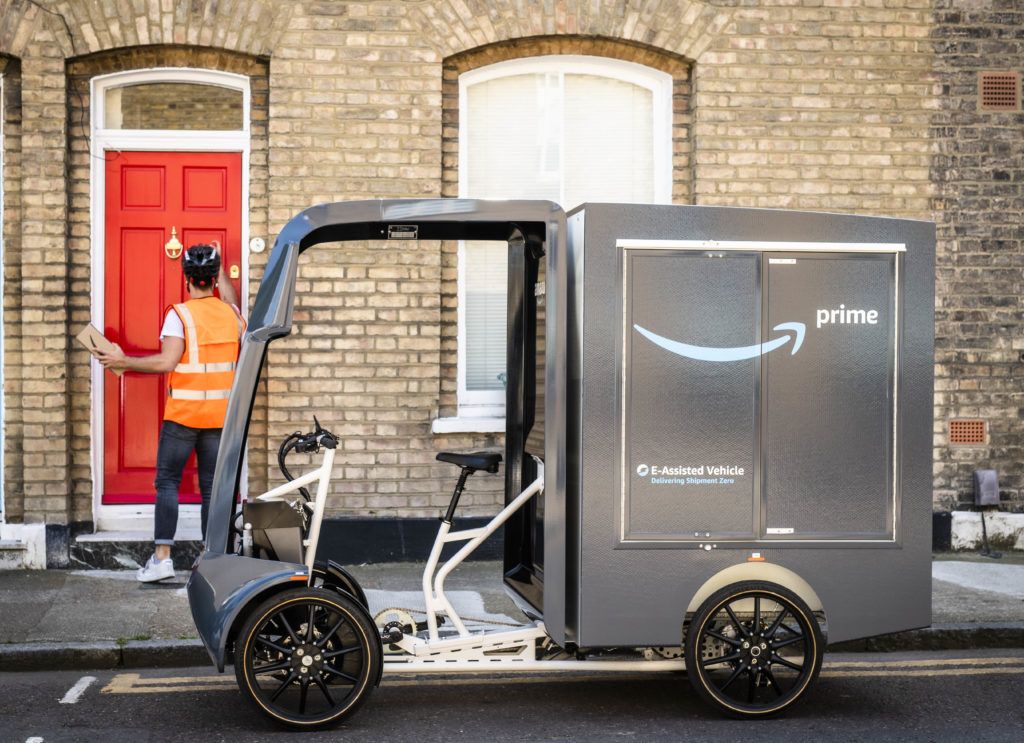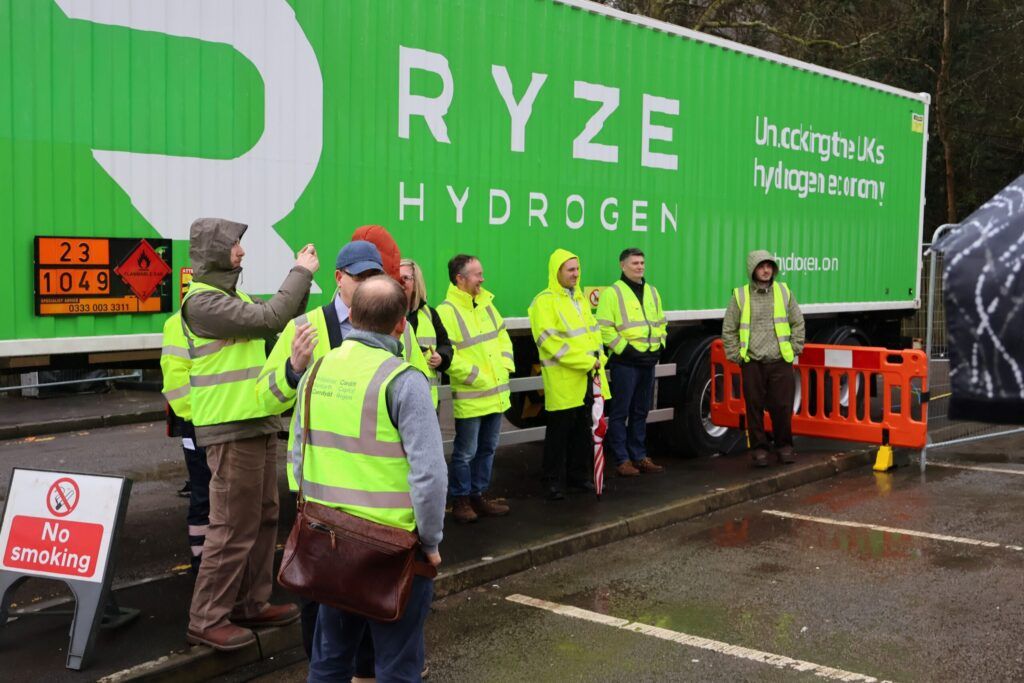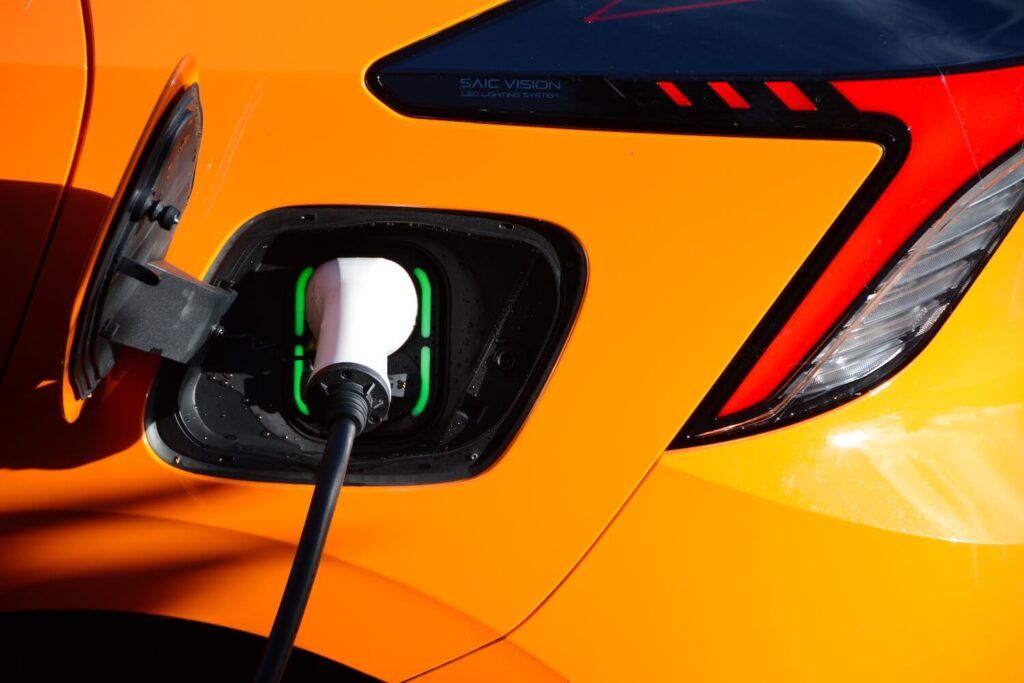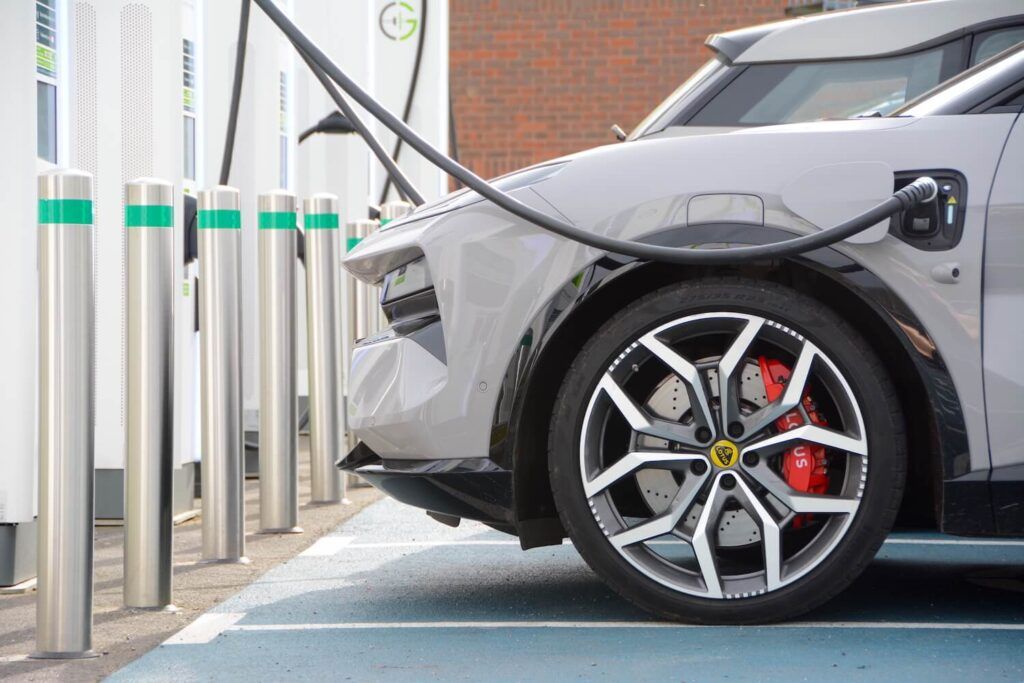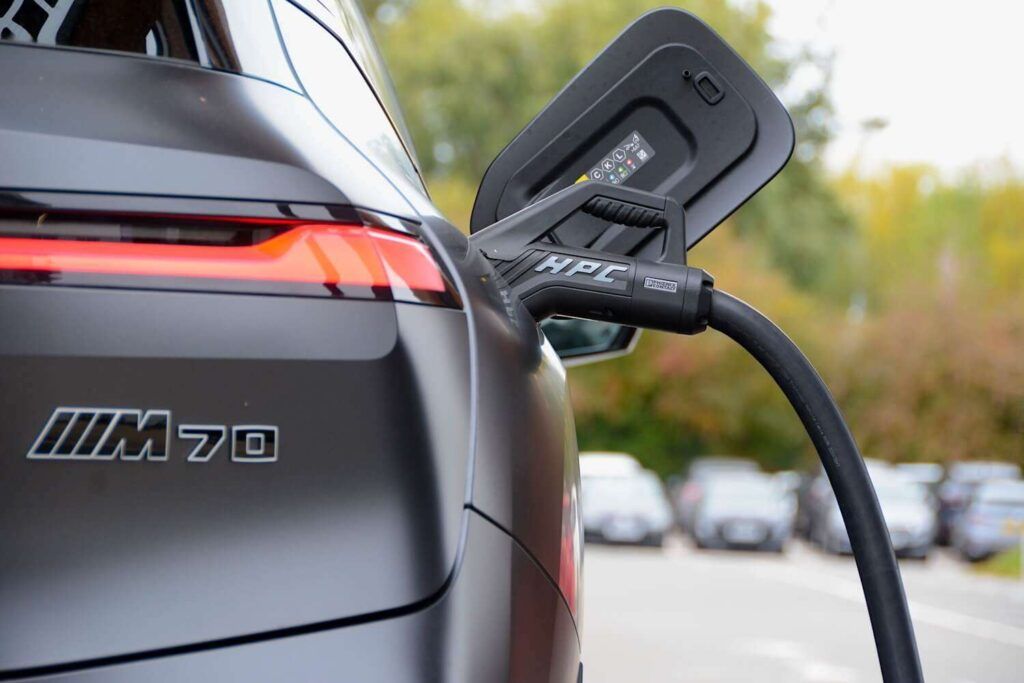Amazon has launched its first UK micromobility hub with a fleet of electric cargo bikes set to complete last-mile deliveries in central London.
E-cargo bikes and walkers from the new hub, along with Amazon’s electric fleet already on London’s roads, will make over five million deliveries a year across more than 10% of London’s Ultra Low Emission Zone postcode districts.
Amazon has also unveiled plans to roll out large scale solar panel installations at facilities based in Manchester, Coalville, Haydock, Bristol and Milton Keynes before the end of this year, to help power those facilities with renewable energy. Amazon will double the number of on-site solar energy projects in the UK by 2024.
These initiatives move the company closer to its Shipment Zero mission – to deliver 50% of Amazon shipments with net-zero carbon by 2030 – and the ultimate goal of being net-zero carbon by 2040, 10 years ahead of the Paris Agreement.
Working with the London Borough of Hackney, Amazon created this new hub with plans to make more than one million customer deliveries every year, adding to the millions of deliveries already being completed by its electric vans. The new fleet of e-cargo bikes and walkers will directly replace thousands of traditional van trips on London’s roads and reduce traffic congestion.
Amazon has over 1,000 electric delivery vans on the road in the UK, and last year helped the company deliver more than 45 million packages. Its fleet of zero emission vehicles will expand further as more e-cargo delivery hubs are expected to launch across UK in the coming months. Amazon also recently announced five new fully electric Heavy Goods Vehicles. These 37-tonne vehicles are among the first in the UK, the first in Amazon’s fleet, and replace traditional diesel trucks.
John Boumphrey, UK Country Manager, Amazon said: “Amazon is driving towards a global net-zero carbon future. One way we’re doing that is through the transformation of our transportation networks. Our new e-cargo bikes, walkers and growing electric vehicle delivery fleet will help us make more zero emission customer deliveries than ever before across London and the UK in the coming months. Doubling the number of on-site solar projects at our facilities across the UK further demonstrates our ambition to power our operations with 100% renewable energy by 2025 and represents an important step on our journey to be net-zero carbon by 2040.”
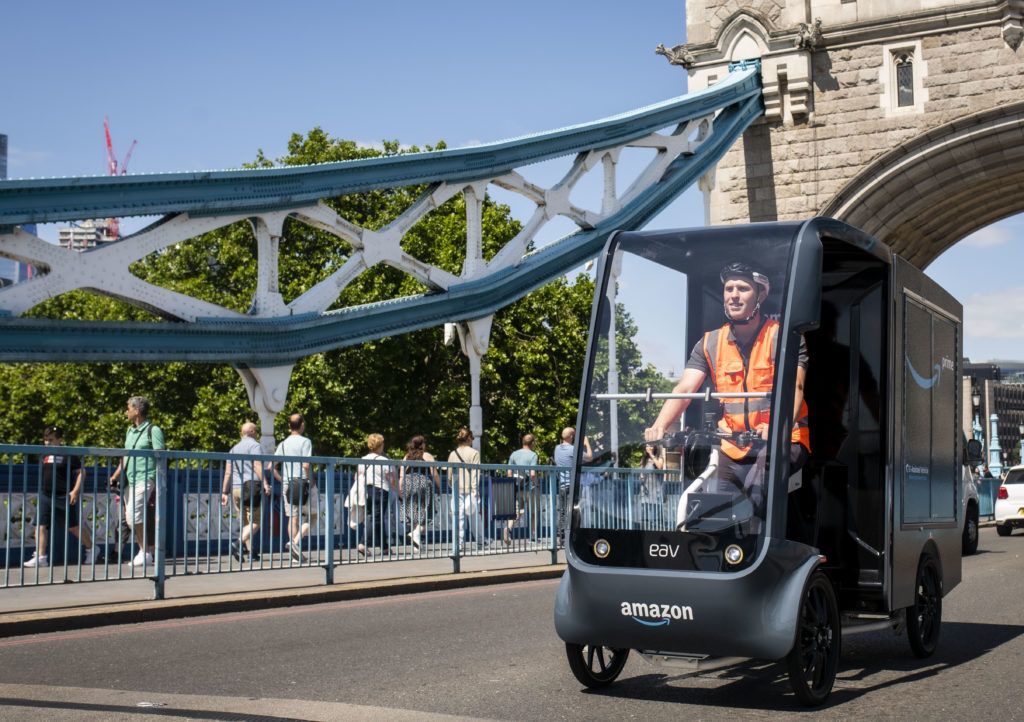
Energy Minister Greg Hands said: “It is great to see Amazon taking the lead in moving away from expensive fossil fuels. This is a fantastic vote of confidence from Amazon in British energy security, renewables and electric vehicles, and a huge boon for green jobs across the UK.”
Transport Minister Trudy Harrison said: “Industry and Government are both working hard to achieve our net zero goals and support the growth of sustainable transport that will help create economic opportunities and support thousands of jobs across the UK. Amazon’s plans will not only boost green job opportunities, but ensure that customers will continue to receive their packages while working to protect our planet from climate change.”
Cllr Mete Coban, Hackney Council Cabinet Member for Environment and Transport, said: “Tackling transport emissions is key if we’re to reach net zero. We’re really pleased to have worked with Amazon to support them to take traditional vans off the streets and replace them with e-cargo bikes. This will help to reduce emissions and improve air quality for people in Hackney and beyond.”
Amazon plans to have more than 30,000 new modular solar panels installed on its facilities in Manchester, Coalville, Haydock, Bristol and Milton Keynes by the end of the year. The company has confirmed 18 on-site solar projects in the UK and plans to more than double the number of projects by 2024. This investment supports Amazon on its path to power its operations with 100% renewable energy by 2025 – five years ahead of its 2030 commitment. Once operational, the new rooftop solar panel projects are expected to produce more than 13,000 MWh of electricity, enough to power the equivalent of more than 3,500 UK homes each year.
Images courtesy of Amazon.




